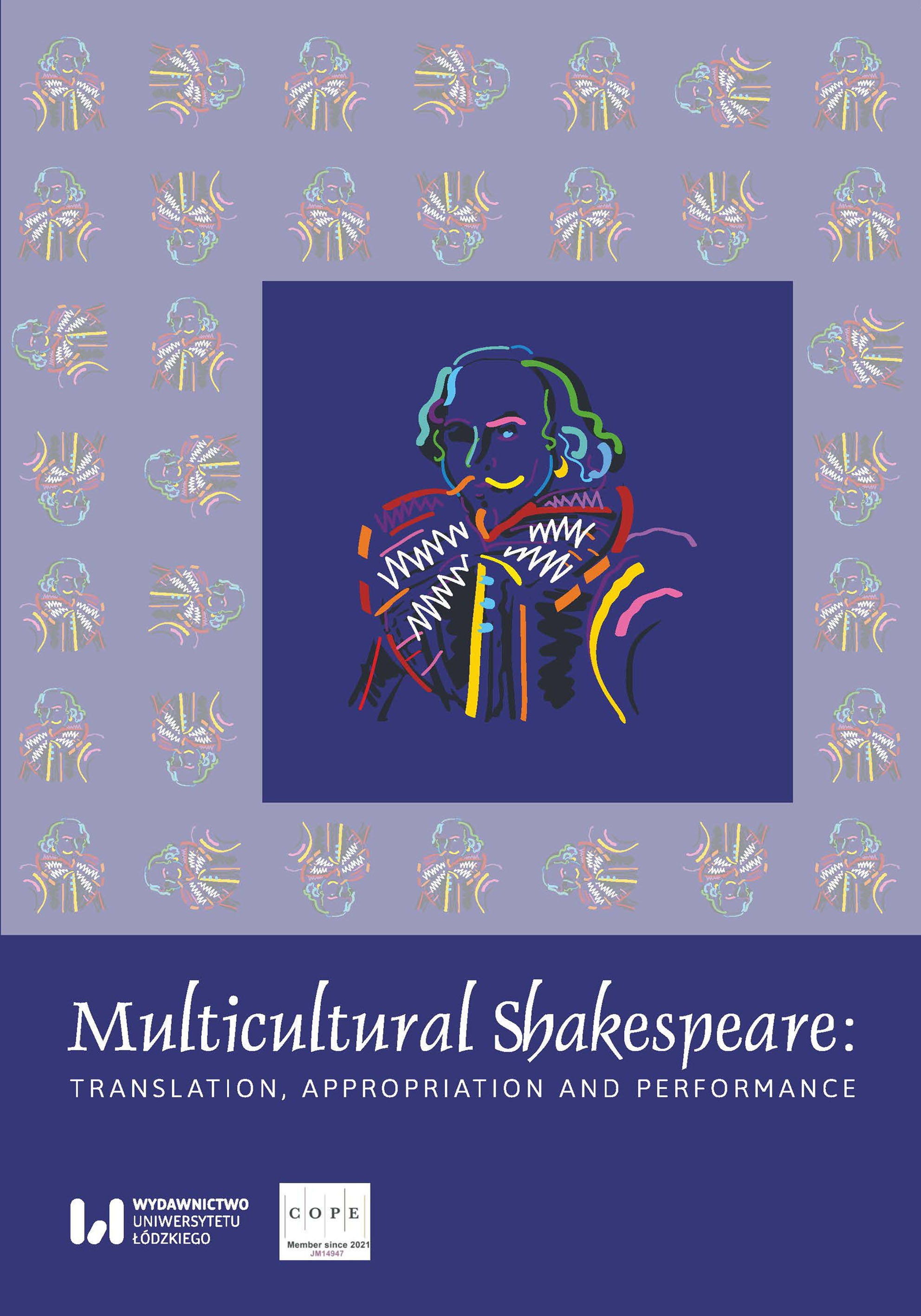Hamlet (Un-)Masked: SPAC’s Hamlet under COVID-19 Restrictions
DOI:
https://doi.org/10.18778/2083-8530.30.03Keywords:
Hamlet, COVID-19 pandemic, sisterhood, orality and aurality, historical temporalities, Embracing DefeatAbstract
One of the reasons why Shakespeare’s Hamlet, as a play representing the essential problematics of Western Modernity, is still relevant today, is that it contains the cultural dynamics that ranges over issues around colonialism, patriarchy, and individual identities, all of which have been causes and consequences of the Western Modernity. More specifically, in the current context of the declining Western hegemony, symbolized by regional military conflicts and environmental degradation, among other crises, the urgency to freshly produce and interpret this play seems to be increasing. This essay attempts to question the significance of staging Hamlet today by examining Satoshi Miyagi’s version of the play at the Shizuoka Performing Arts Center (SPAC) in 2021 during the COVID-19 pandemic, and through its analysis, we aim to reflect how Hamlet, while characterizing Western Modernity, harbors the potential to critique its essence.
Downloads
References
Bulow, Megan. Euphoria. https://www.shazam.com/song/1457759950/euphoria Accessed 10 June 2024.
Google Scholar
Dower, John. Embracing Defeat: Japan in the Wake of World War II. New York: Norton & Company, 1999.
Google Scholar
Euripides. The Trojan Women. Trans. Ian Johnston. https://johnstoniatexts.x10host.com/euripides/womenoftroy.pdf Accessed 29 February 2024.
Google Scholar
Miyagi, Satoshi. “That is the question,” Theatre Culture, SPAC Autumn~Spring Season, 2020-2021 #3.
Google Scholar
Motohashi, Tetsuya and Tomoka Tsukamoto. The Theater of Miyagi Satoshi. Tokyo, Seikyusha, 2016.
Google Scholar
Shakespeare, William. Hamlet. Ed. Harold Jenkins. London and New York: Methuen, 1982.
Google Scholar
Downloads
Published
How to Cite
Issue
Section
License

This work is licensed under a Creative Commons Attribution-NonCommercial-NoDerivatives 4.0 International License.












